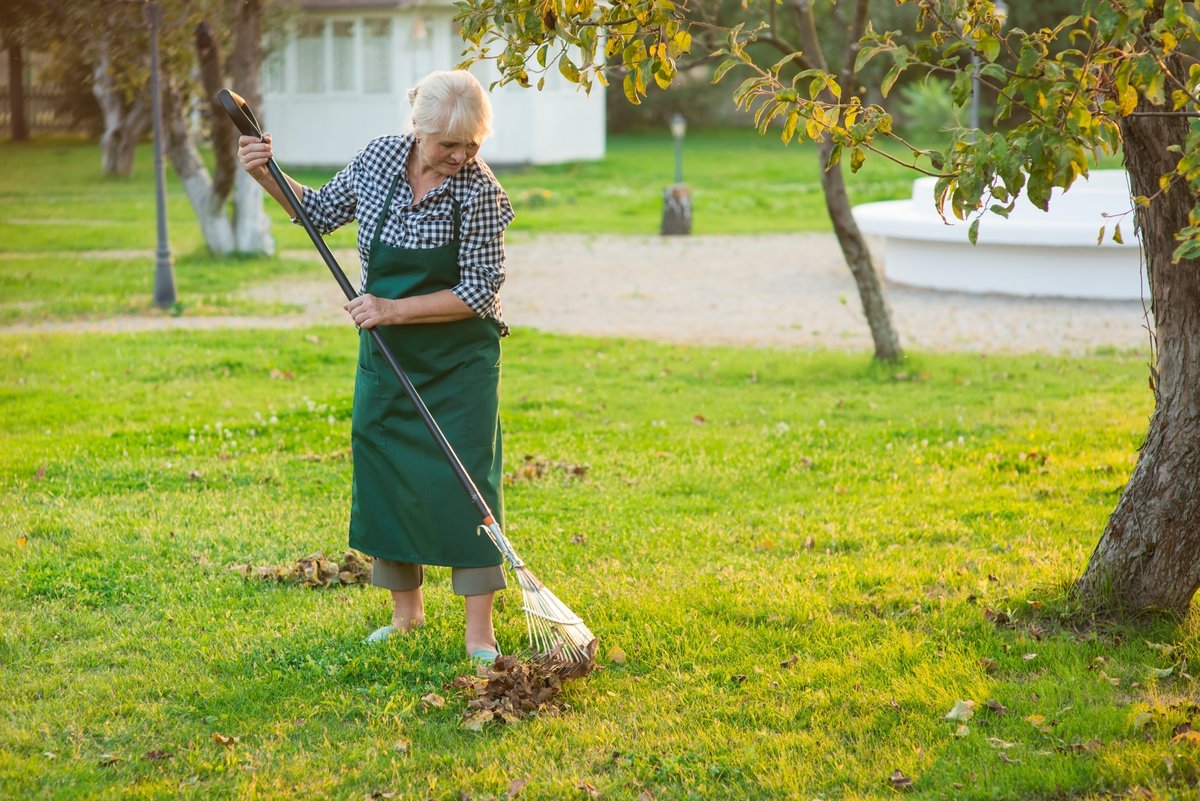
(April 2021) Around the world depression is among the leading causes of lower quality of life and reduced living expectancy as well as of public health costs. One risk factor for depression is low physical activity – meaning concerned individuals do not perform even moderate physical activities such as gardening at least once a week – as researchers Marques et al. demonstrate in their recent study. Low physical activity is associated not only with evident negative effects for physical health but also for mental health as abstaining from physical activities such as gym classes or group walks also means fewer opportunities to socialise. Therefore, researchers Marques et al. call for consideration of both the physical and psychological benefits of physical activity in the development of public health strategies designed to address depression.
Physical activity and depressive symptoms in the SHARE dataset
Marques et al. used a representative sample of nearly 65,000 older adults from 17 European countries (Austria, Belgium, Croatia, Czech Republic, Denmark, Estonia, France, Germany, Greece Italy, Luxembourg, Poland, Portugal, Slovenia, Spain, Sweden, and Switzerland) and Israel who participated in Wave six of the Survey of Health, Ageing and Retirement in Europe (SHARE). Survey participants answered questions on their physical and mental well-being, on the frequency and intensity of their fitness regimen as well as on their socioeconomic background during face-to-face interviews. The researchers distinguished between adults engaging in physical activity of moderate or vigorous intensity and examined whether the activity itself and the intensity of the activity had an impact on the number of depressive symptoms reported. Physical activity defined as “moderate” included brisk walking as well as household activities whereas physical activity defined as “vigorous” included hiking or carrying heavy loads.
Physical and mental benefits of keeping fit
Both female and male survey participants who engaged in either moderate or vigorous physical activity once or more times a week reported fewer depressive symptoms than those who did not work out or conducted household activities involving moderate physical activity at least once in seven days. Marques et al. offer both a physiological and a psychological explanation for this observation: The association between regular, albeit moderate physical activity as well as vigorous physical activity and a lower number of depressive symptoms can be result of the release of anti-inflammatory substances and antioxidants triggered by physical activity which are known to combat oxidative stress often identified as a biomarker indicating depression. Further, regular physical activity has a positive effect on one’s individual mindset by contributing to improved self-esteem and social networks formed through attending fitness classes or a gym.
Implications for pain management strategies
Across Europe and Israel as well as regardless of gender both moderate and vigorous physical activity was found to impact mental welfare as adults who were physically active as few as once per week reported a lower number of depressive symptoms than those who let more than seven days pass between any forms of physical activity. Therefore, public health programs designed to improve mental health of older adults in Europe and Israel should include policies promoting physical activities as they not only improve physical fitness but also boost self-esteem and offer an opportunity to socialise.
Study by Adilson Marques, Margarida Gaspar de Matos, Joana Bordado, Élvio R.Gouveia, Miguel Peralta and Diego Gomez-Baya (2020): Different levels of physical activity and depression symptoms among older adults from 18 countries: A population-based study from the Survey of Health, Ageing and Retirement in Europe (SHARE). European Journal of Sport Science, DOI: 10.1080/17461391.2020.1795273
URL: https://doi.org/10.1080/17461391.2020.1795273
Photo: Adobe Stock / DenisProduction.com

